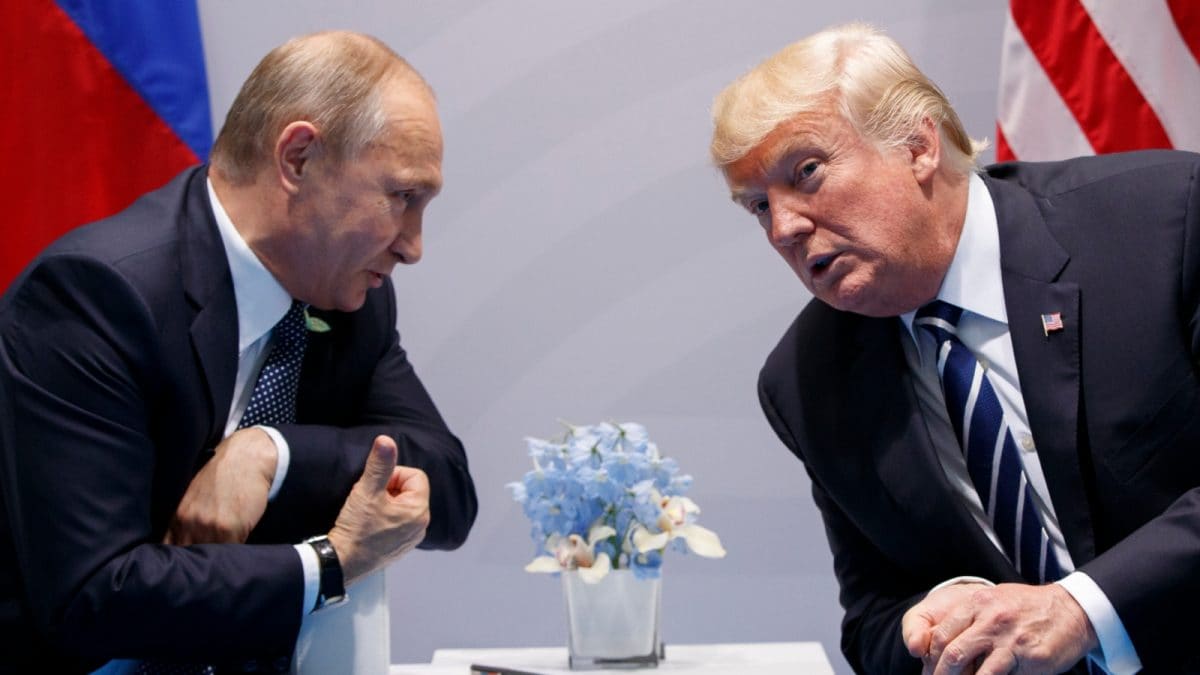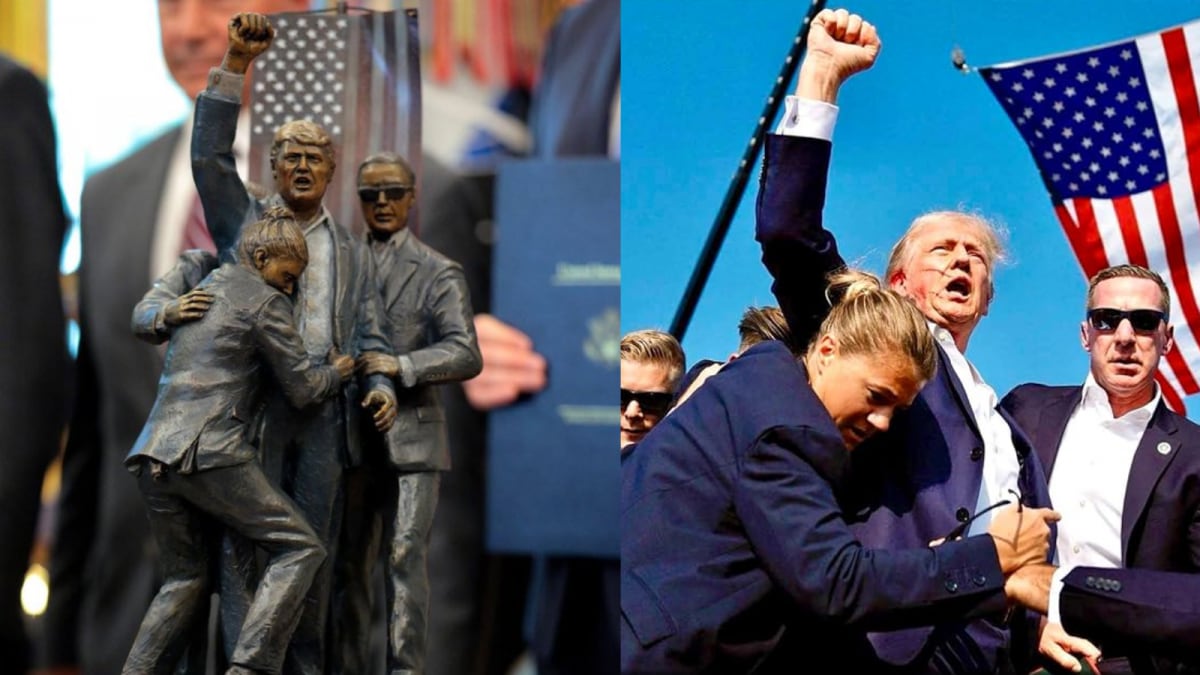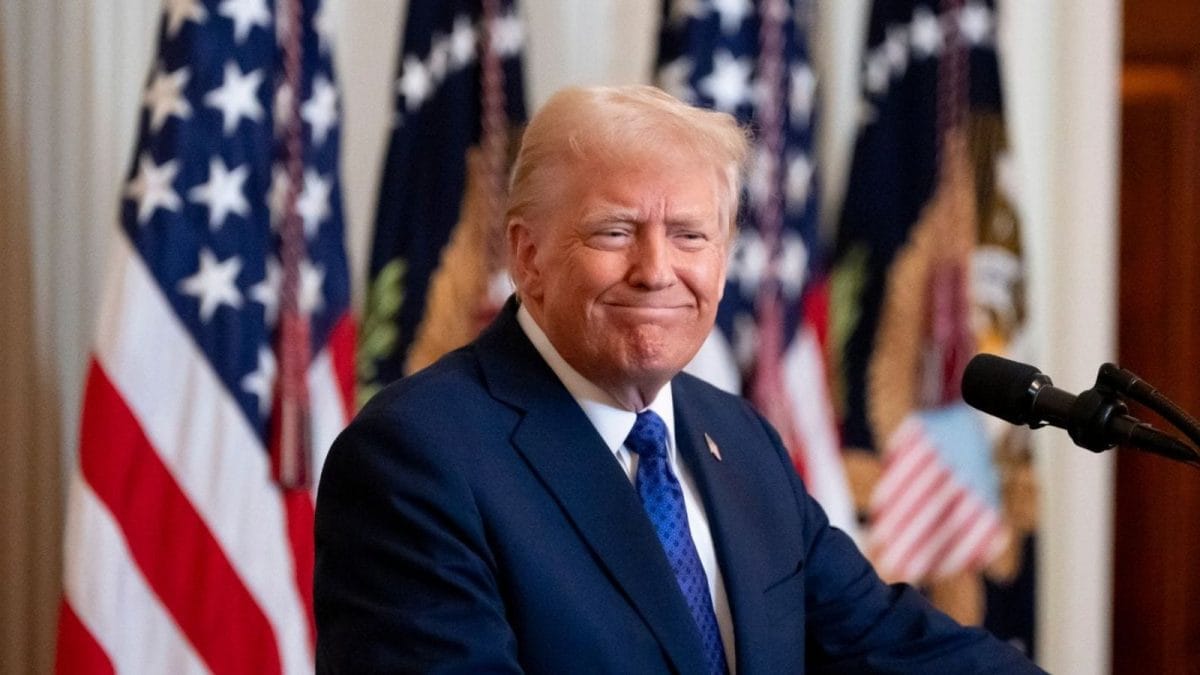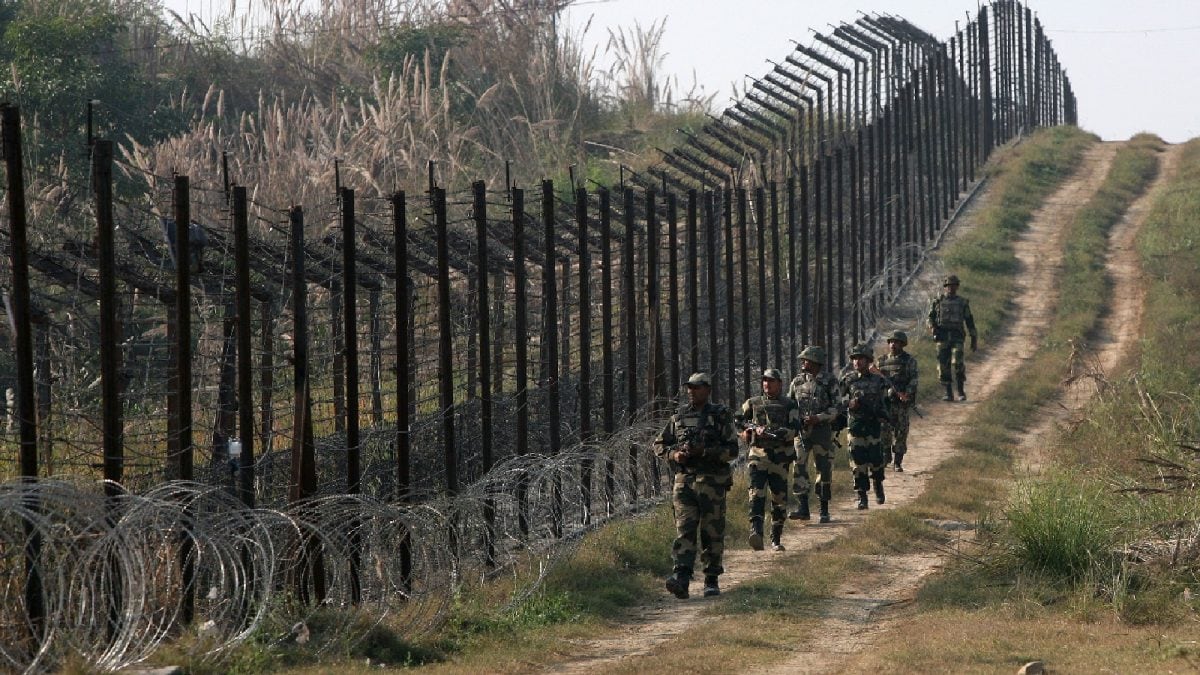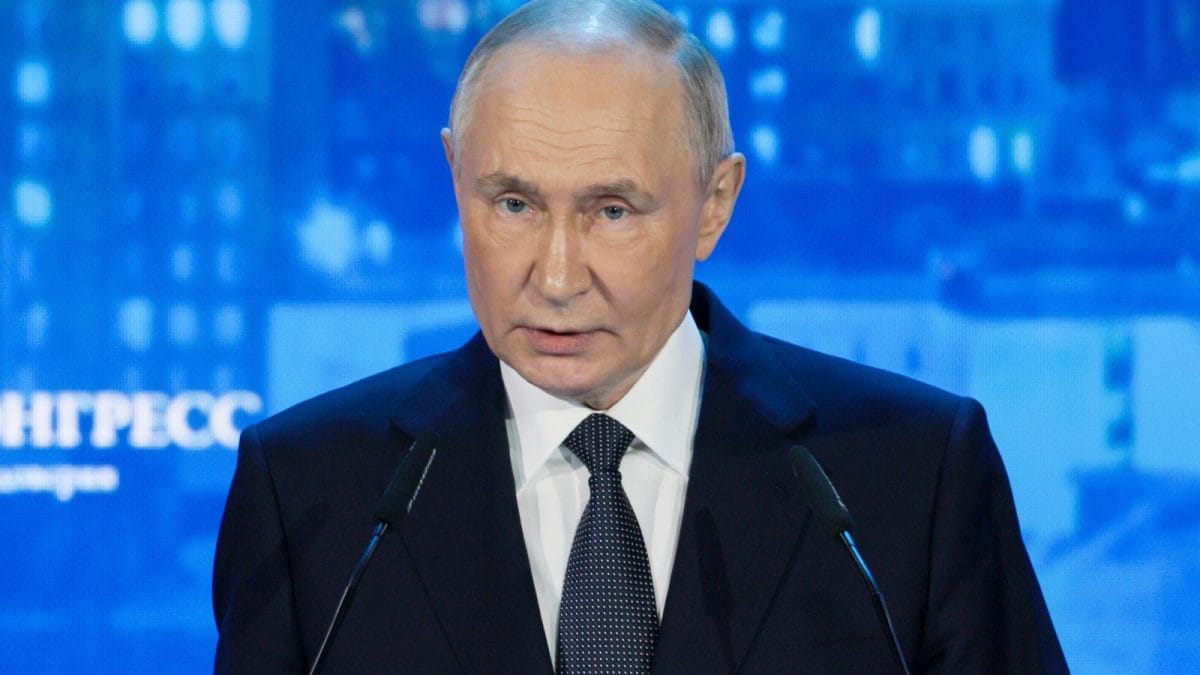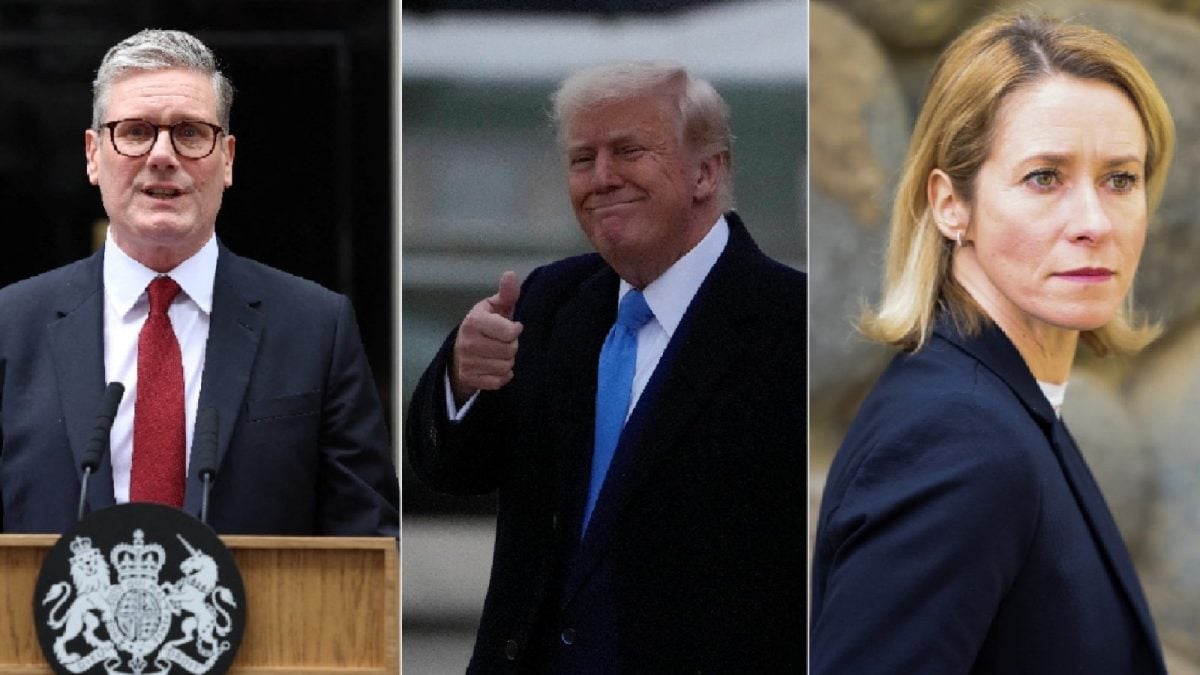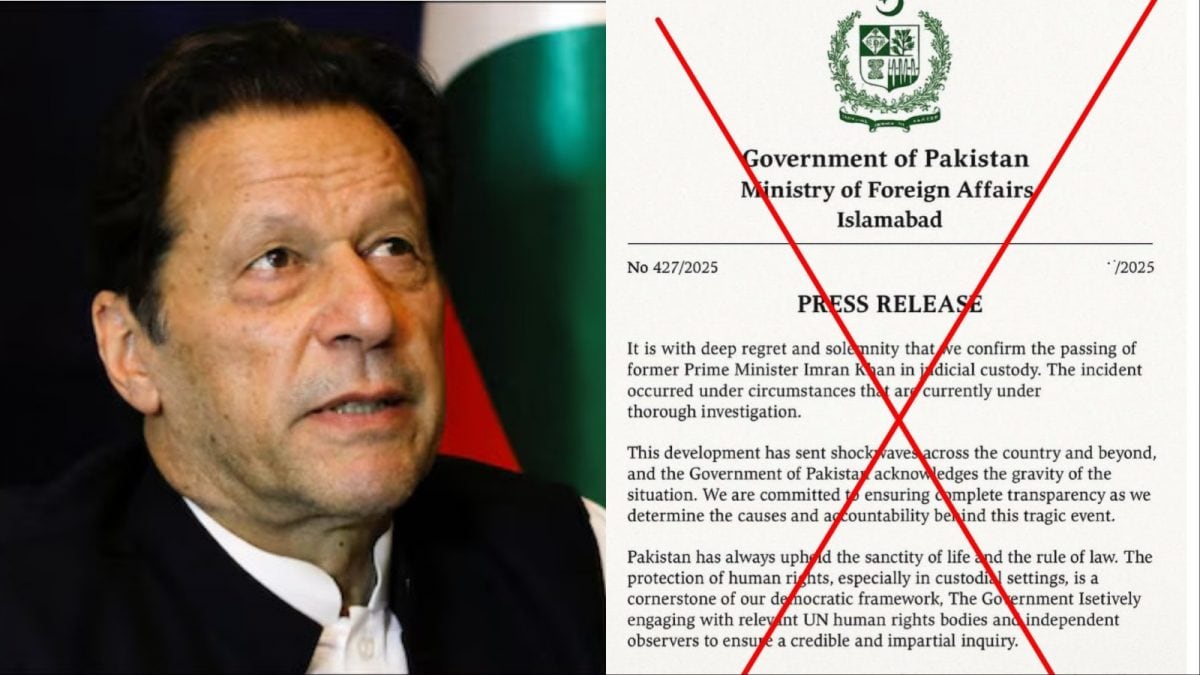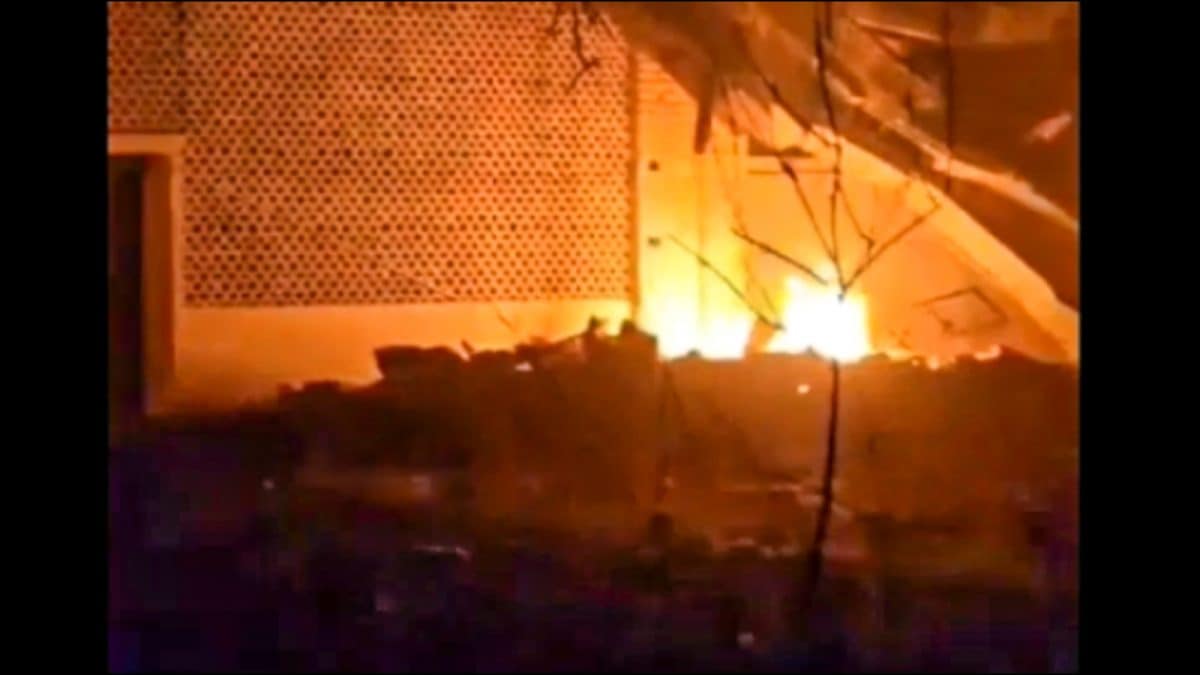Last Updated:April 07, 2025, 23:08 IST
The Dow Jones fell 1,343 points (3.5%), and the Nasdaq dropped 4.2% amid trade war fears. The S&P 500 was down 3.8%, nearing a "bear market" after losing over 20%.

A screen displays the Dow Jones Industrial Average after the closing bell on the floor at the New York Stock Exchange (NYSE) in New York City, US. (IMAGE: REUTERS)
The Dow Jones Industrial Average fell by 1,343 points, or 3.5%, as of 9:35 a.m. Eastern time, while the Nasdaq composite dropped 4.2%. Financial markets worldwide saw worsening losses on Monday, amid rising concerns that US President Donald Trump’s tariffs might ignite a trade war and harm the global economy.
The S&P 500 declined by 3.8% in early trading, following its worst week since the COVID-19 pandemic began impacting the global economy in March. This index, significant for many investors’ 401(k) accounts, has decreased by over 20% since reaching a record high less than two months ago.
If the S&P 500 closes the day below this level, it would mark a significant drop. Wall Street terms this a “bear market," indicating a downturn more severe than the typical 10% drop, which occurs approximately every year, and signalling a more intense downward trend.
ALSO READ: US Federal Reserve To Hold Closed Meeting After Trump’s Call To Cut Rates Amid Tariff Blitz
Markets across the globe took another bruising as the financial fallout deepened. Hong Kong stocks crashed 13.2%, logging their worst day since the 1997 handover. Crude oil briefly slipped below $60 a barrel for the first time since 2021, dragged down by fears that a trade-war-strained global economy will slow demand. Even Bitcoin, which had held relatively firm, slumped below $78,000—well off its January peak of over $100,000.
Wall Street’s pain, however, doesn’t appear to be moving Donald Trump. The Republican, who once tied his success to stock market highs, now seems unfazed by the downturn. Speaking aboard Air Force One, Trump said he didn’t want the markets to fall—but added, “sometimes you have to take medicine to fix something."
Still, some investors are betting on a climbdown. There’s hope that Trump could dial back tariffs after fresh negotiations. He hinted as much on Sunday, saying world leaders were “dying to make a deal." A quick resolution could stave off a recession, according to experts speaking to the Associated Press
Benchmark indices Sensex and Nifty logged their worst single-day decline in 10 months, as fears that Trump’s policies on reciprocal tariffs may lead to recession and higher inflation in the US going ahead unnerved investors.
With Monday’s sharp fall, the benchmark indices suffered one of their worst declines in five years.
In a horrible day for investors, the 30-share BSE benchmark Sensex tanked 2,226.79 points, or 2.95 per cent, to settle at 73,137.90. During the day, the benchmark index slumped 3,939.68 points, or 5.22 per cent, to 71,425.01.
The NSE Nifty tumbled 742.85 points, or 3.24 per cent, to settle at 22,161.60. Intra-day, the benchmark dropped 1,160.8 points, or 5.06 per cent, to 21,743.65.
Bourses in Poland’s Warsaw and Pakistan’s Karachi suspended trading amid the selloff. The Warsaw Stock Exchange suspended trade across all its markets for over an hour on Monday, citing “safety reasons" following a surge in volatility and order volumes.
A spokesperson told Bloomberg the pause was prompted by unusually high market swings and a flood of trades just ahead of the US market opening. Trading was halted at 3:15 p.m. local time, with a full resumption set for 4:30 p.m. Pre-opening transactions are scheduled to be matched from 4:15 p.m.
Trading was suspended at the Pakistan Stock Exchange (PSX) for an hour as the benchmark KSE-100 index plummeted by more than 8,000 points on Monday.
Location :Washington D.C., United States of America (USA)
First Published:April 07, 2025, 19:22 IST
News business Trump Tariff Jitters Rock Wall Street; S&P, Dow, Nasdaq Slide Amid Global Market Turmoil

 1 month ago
1 month ago

